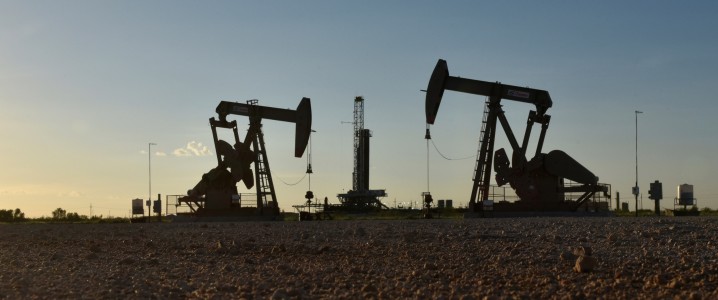During his recent visit to Washington DC, Shell CEO Wael Sawang stressed the vital importance of policy stability in the energy sector, especially in the run-up to the US presidential election. Speaking at the Center for Strategic and International Studies, Sawang emphasized that political decisions in the US capital, the “energy capital of the world,” will profoundly affect global investment strategies and spending.
Sawan's visit comes at a pivotal time for Shell as it shifts its focus to its core oil business amid the energy transition. The upcoming election brings uncertainty that could change the landscape for the industry, as President Joe Biden and Republican candidate Donald Trump have very different energy policies. Trump has maintained his first term's policies, advocating easing environmental regulations and encouraging oil development, while Biden has emphasized mitigating climate change through incentives for low- and zero-emission energy sources and has suspended new LNG export approvals.
This political uncertainty places a premium on adaptable energy solutions. Sawang highlighted LNG as a key offset to policy and geopolitical instability, highlighting its role in meeting Asia's burgeoning industrial energy needs and transitioning from coal to cleaner gas. Shell expects LNG to grow its share of the overall gas market from 12% to 20% over the next 20 years.
Shell has a globally significant LNG portfolio, selling 67 million tonnes last year. The company's extensive operations span 10 countries and multiple import terminals around the world, strengthening its leading position in the LNG market.
But Sawant criticized the U.S. suspension of new gas export licenses, suggesting it would undermine investor confidence and undermine the country's ability to supply allies and tap LNG demand. He warned that other countries were ready to step in to fill the supply gap if the U.S. backed away.
The debate on policy stability and energy strategy comes as oil markets react to recent OPEC+ decisions, with prices falling $3 per barrel on Monday and a further 1% on Tuesday, reflecting market sensitivity to policy changes.
Article by Julianne Geiger of Oilprice.com
Other popular articles from Oilprice.com:

